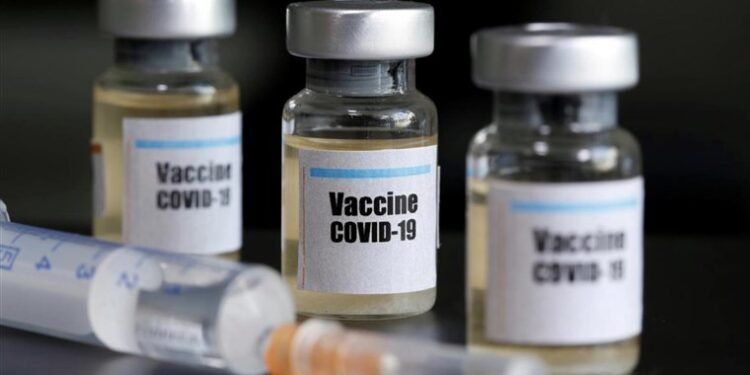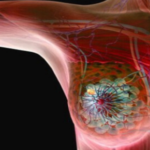Messenger RNA vaccines against COVID-19 were not detected in human milk, according to a study by UC San Francisco, providing early evidence that the vaccine mRNA is not transferred to the infant.
This study which analyzed the breast milk of seven women after they received the mRNA vaccine and found no trace of the vaccine, offers the first direct data of vaccine safety during breastfeeding and could allay concerns among those who have declined vaccination or discontinued breastfeeding due to concern that vaccination might alter human milk.
Research has demonstrated that a vaccine with mRNA inhibits transmission of the virus that causes COVID-19. The study analyzed the Pfizer and Moderna vaccines, both of which contains mRNA.
- Read also: Epsilon Variant Mutations Contribute to COVID Immune Evasion
- COVID-19: Pregnant women pass protective antibodies to their babies
The World Health Organization recommends that breastfeeding people be vaccinated and The Academy of Breastfeeding Medicine has said there is little risk of vaccine nanoparticles or mRNA entering breast tissue or being transferred to milk, which theoretically could affect infant immunity. “The results strengthen current recommendations that the mRNA vaccines are safe in lactation and that lactating individual who received the COVID Vaccine should not stop breastfeeding”, said corresponding author Stephanie L. Gaw, MD, PhD, assistant professor of Maternal-Fetal Medicine at UCSF.
“We didn’t detect the vaccine-associated mRNA in any of the milk samples tested”, said lead author Yarden Golan, PhD, a postdoctoral fellow at UCSF. “These findings provide experimental evidence regarding the safety of the use of mRNA-based vaccines during lactation”.
The study was conducted from December 2020 to February 2021, the mothers’ mean age was 37.8 years and their children ranged in age from one month to three years. Milk samples were collected before vaccination.
Researchers found that none of the samples showed detectable levels of vaccine mRNA in any component of the milk. The author noted that the study was limited by the small sample size and said that further clinical data from a large population were needed to better estimate the effect of the vaccine on lactation outcome.
By: Peace Chigozie






















































